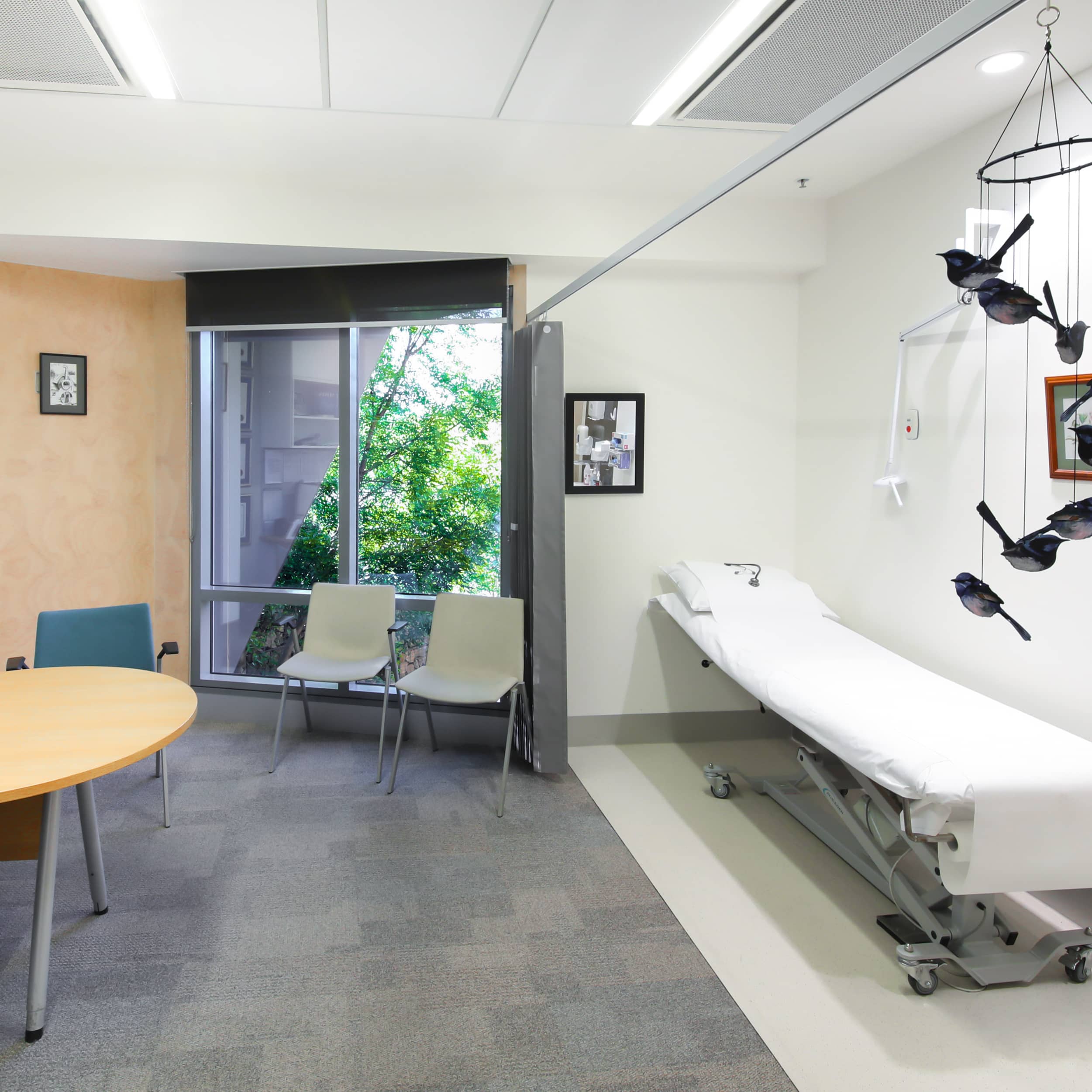Border Medical Oncology Research Unit.




Patients participating in clinical trials may benefit from access to new and improved treatments whilst directly contributing to research that may result in improved outcomes for other people with cancer, everywhere.
Border Medical Oncology Research Unit has been in operation since 1998. The unit commenced operation at Albury Base Hospital with one Investigator and a part time Research Nurse and has now grown to a team of more than 10 health professionals.
The research unit has and continues to contributed to a large number of international multi-centred clinical trials in all areas of oncology. These include studies from the pharmaceutical industry and cooperative groups as well as investigator initiated research.
The type of clinical trials available are in a variety of tumour types and in various phases ranging from “first in human” trials through to quality of life surveys.
Border Medical Oncology Research Unit has been awarded the NSW Premier’s Award for innovation in cancer clinical trials in both 2009 and 2012. We have been a member of Cancer Trials Australia since 2008.
What is a Clinical Trial?
A well organised, fully documented, government approved, ethically approved process of comparing one treatment with another, with the aim of ascertaining which is the more efficacious treatment, and what are the safety issues attached to the new treatment. (A bit like a risk/benefit analysis).
Most clinical trials involve some type of treatment, such as surgery, chemotherapy or radiation.
There are some studies which do not involve drugs or new treatments. These non-treatment trials may look at population-based or demographic information, looking for patterns of disease, or clues to causation of disease. Some look at quality of life issues, or the role of supportive care in oncology services.




What Should I Know Before Participating in a Clinical Trial?
If you are offered participation in a clinical trial, you need to know that it is always your decision whether to be involved or not. You also need to know the alternatives to participation.
Your decision should be based on full information about what the trial is intended to do, how it will do it, what your responsibilities would be as a trial participant and any potential risks or benefits to you. This information should be contained in an information and consent form which is specific to the study in question.
You should have adequate time to digest the information, and the opportunity to consult with others on points which are not fully understood. You need to discuss trial participation with the investigator who is offering participation. You need to be comfortable about being part of a study. You can withdraw at any time (without penalty).
All clinical trials are reviewed, approved and overseen by an ethics committee.
Supporting Your Cancer Journey
For Our Patients
What to expect during your visits for Cancer care; from diagnosis, to management, and your treatment options.
For Our Referrers
Partnering with medical professionals to support your patients during their Cancer care and treatment.
